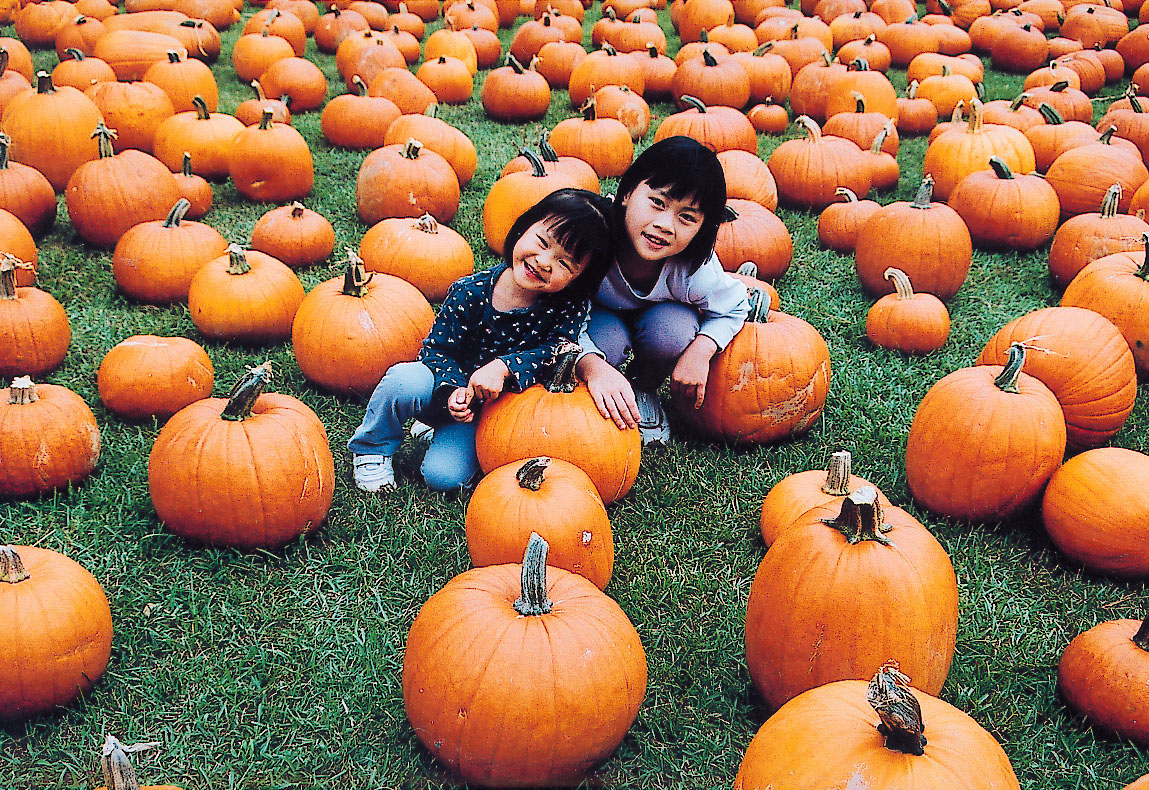
NASHVILLE, Tenn. (BP)–Gone are the days of carefree, fun trick-or-treating around the neighborhood and donning superhero costumes for elementary school Halloween parties.
The Religion Newswriters Association, in its ReligionLink e-newsletter to its members, has suggested that religion writers examine the evolution of Halloween from a day for candy and costumes to a day that sparks debate about whether the holiday promotes evil and should be allowed in public schools.
Among the Halloween inputs suggested by the association:
— “For a significant number of people, it represents the full expression of an occultic viewpoint,” Robert Knight, director of cultural studies for the Family Research Council, is quoted as saying in an article on “Banning Halloween” found on beliefnet.com. “If you’re going to kick Christian celebrations like Christmas out of the schools and leave Halloween in, you’re going to have a reaction. And if they’re going to be evenhanded in not establishing religion in schools, they’re probably going to have to do away with Halloween.”
— Richard Mouw, president of Fuller Theological Seminary in California, in a beliefnet.com column titled, “Making Real Decisions About Halloween,” is sympathetic to the trend of evangelicals getting stricter on the issue of Halloween. Christians should be “increasingly nervous about Halloween practices in light of new developments in our culture,” he wrote, particularly that the focus of Halloween is no longer primarily on children.
“Certainly, the costume displays I have been seeing in Southern California since mid-September are not dominated by Casper the Friendly Ghost outfits and pint-size witch’s hats for kids,” he wrote. “Most of the stuff is meant for raucous parties for big people.”
Mouw also warns that Christians should be aware of what logicians call the genetic fallacy, which occurs when people assume that just because something started off with a certain meaning it still has that meaning.
In light of such changes, the Religion Newswriters Association newsletter suggests articles exploring how religious concerns have altered Halloween celebrations in public schools and neighborhoods in their communities.
“How communities deal with the Halloween concerns of parents and religious groups can influence future interfaith relations and interactions,” the Oct. 7 RNA newsletter said.
Conservative Christians are responding to Halloween these days by offering alternatives known as “Hell Houses” and “Judgment Houses” instead of the common haunted houses. More than 800 resource kits for the two Halloween alternatives have been purchased by churches across the country, the newsletter reported. Hell Houses and Judgment Houses show the potential consequences of abortion, homosexuality, drug and alcohol abuse and promiscuity. Like haunted houses, they are frightening and highly decorated although culminating with an offer to visitors to accept Jesus as their Savior.
In some public schools, administrators are choosing to celebrate the harvest in October instead of the traditional Halloween. They decorate with pumpkins and fodder shocks but leave out the ghosts and goblins.
“We can no longer take ‘innocent’ Halloweens for granted,” Mouw wrote. “At the very least, it means that Christian families and churches need to do some serious instructing about what Halloween means to many people. And we must be especially diligent in teaching ourselves and our children that the real antidote to the threat of evil has been provided through the death and resurrection of the One who is the Lord of all our days and nights.”
–30–
(BP) photo posted in the BP Photo Library at http://www.bpnews.net. Photo title: BACK WHEN.

















